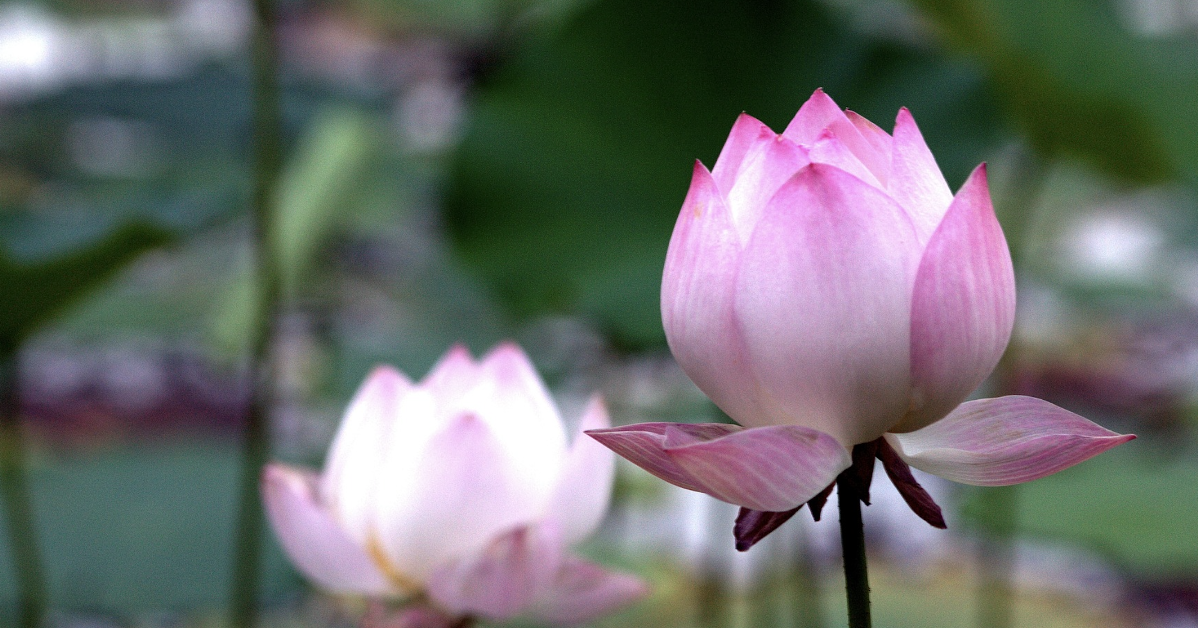Photo by nyochi.
Venue: Institute for Advanced Studies on Asia, The University of Tokyo
Date: July 19, 2024 10:30-17:30, July 20, 2024 10:00-17:10
Language: Chinese and English
Organizer: East Asian Academy for New Liberal Arts, Institute for Advanced Studies on Asia, University of Tokyo
Partners: Aoyama Gakuin University, Institut National des Langues et Civilisations Orientales, Centre dEtudes Interdisciplinaires sur le Bouddhisme, Center for Buddhist Studies Sun Yat-sen University, Research Center for Buddhist Texts and Art Peking University, Glorisun project, University of Tokyo, Glorisun project, Institut National des Langues et Civilisations Orientales
About the Symposium
Since the beginning of the twentieth century, Chinese Buddhism has undergone significant transformations alongside the profound changes in modern Chinese society. The themes of continuity and rupture, destruction and regeneration have consistently been the challenges that modern Chinese Buddhism has had to confront and navigate. In this process, the changes in Buddhism are closely linked to modern political transformations. Practitioners of Buddhism have also made various new attempts to renew tradition from different perspectives. Analyzing these issues will not only help us understand the driving forces behind the modern evolution of Buddhism a century ago but also contributes to a better understanding of the current situation of Chinese Buddhism.
The conference will center around three primary themes: 1) Modern Chinese Buddhism and the Nation-State, 2) Modern Chinese Buddhism and Nationalism, and 3) Modern Chinese Buddhism and the World. The objective of the conference is to delve into the revival and reinvention of Chinese Buddhism within the framework of modern nation-building.
Symposium Schedule
July 19, 2024, Friday
10:30-10:40 Opening remarks: Norihisa Baba, Mikiyasu Yanagi (Institute for Advanced Studies on Asia, The University of Tokyo)
10:40-12:00 Session 1 (Chair: Jidong Chen)
10:40-11:10 Zhanru (Peking University): 传印法师赴日留学的因由和成就:兼评《中国佛教与日本净土宗》的特色
11:10-11:40 Jun Gong (Sun Yat-sen University): 太虛的政教關係新論:以問題為中心
11:40-12:00 General Discussion
12:00-13:30 Lunch
13:30-15:30 Session 2 (Chair: Mikiyasu Yanagi)
13:30-14:00 Jidong Chen (Aoyama Gakuin University): 中国的阿弥陀仏:中国現代仏教民族主義出現的徵兆?
14:00-14:30 Song Wang (Peking University): 制度儒学与应用佛学:中国文化再造的共命鸟
14:30-15:00 Rongdao (McGill University): :近代中国仏教的公民観
15:00-15:30 General Discussion
15:30-15:50 Break
15:50-17:30 Session 3 (Chair: Song Wang)
15:50-16:20 Zhe Ji (Institut national des langues et civilisations orientales): 政教互动的制度化:二十世纪的全国性佛教协会
16:20-16:50 Ting Shen (Wuhan University): 近代亚洲佛教交流、知识生产与身份认同
16:50-17:30 General Discussion
July 20, 2024, Saturday
10:00-12:10 Session 4 (Erik Schicketanz)
10:00-10:30 Daniela Campo (The University of Strasbourg): Buddhist rituals in Republican China and the State: research questions and directions
10:30-11:00 Justin Ritzinger (University of Miami): The Meaning of Taixu Going to the West
11:00-11:30 Fabienne Jagou (Ecole française d’Extrême-Orient/EHESS, CCJ/CECMC) Tibetan Buddhism and China nation-building during Republican China: The State of the Art
11:30-12:10 General Discussion
12:10-13:30 Lunch
13:30-15:00 Session 5 (Chair: Zhe Ji)
13:30-14:00 邵佳德 (南京大学): 国族、佛教与无我:圆瑛法师在战时的蒙难始末与政治立场
14:00-14:30 道悟 (会稽山高等仏学研究院): 十载功过:闽南佛学院与民国僧教育反思思潮,从瑞今展开的探讨
14:30-15:00 General Discussion
15:00-15:30 Break
15:30-17:00 Session 6 (Chair: Jidong Chen)
15:30-16:00 坂井田夕起子 (愛知大学): 二战后亚洲佛教世界与中国的佛教:以世界佛教徒联盟为中心
16:00-16:30 Erik Schicketanz (国学院大学): 東亞新秩序的樂土:抗戰時期的五台山
16:30-17:00 General Discussion
17:00-17:10 Closing: Jidong Chen (Aoyama Gakuin University)
See original post here.

